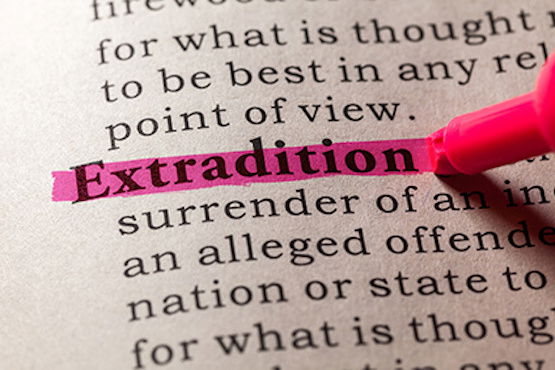TECHNICAL ASSISTANCE

Reasons for this may include linguistic difficulties or differences in procedure, which complicate responding.
Additional challenges are linked to the absence of channels of communication between relevant national authorities for the exchange of basic information and criminal intelligence. This in turn, leads to less chances of the victim cooperating in the criminal proceedings.
The issue of non-extradition of nationals continues to pose difficulties for a number of requesting and requested States. This is an issue requiring continuous dialogue and discussion among States parties, with a view to improving the understanding of the differences in legal systems and finding ways to mitigate the difficulties.
The duration of extradition proceedings has also continued to be a challenge for States, as extradition can be both time-consuming and expensive. The sheer size and scope of domestic variations in substantive and procedural extradition law present the most serious obstacles to just, quick and predictable extradition.
Moreover, extradition remains a highly technical and specialized area of the law for which countries do not always have the required capacity. The use of videoconferencing to facilitate mutual legal assistance is also considered to overcome such technical obstacles.
UNODC's Regional Judicial Cooperation Networks have established collaboration avenues, which are meant to facilitate technical assistance in these matters, and expedite corresponding administrative and judicial process relating to Mutual Legal Assistance (MLA).
